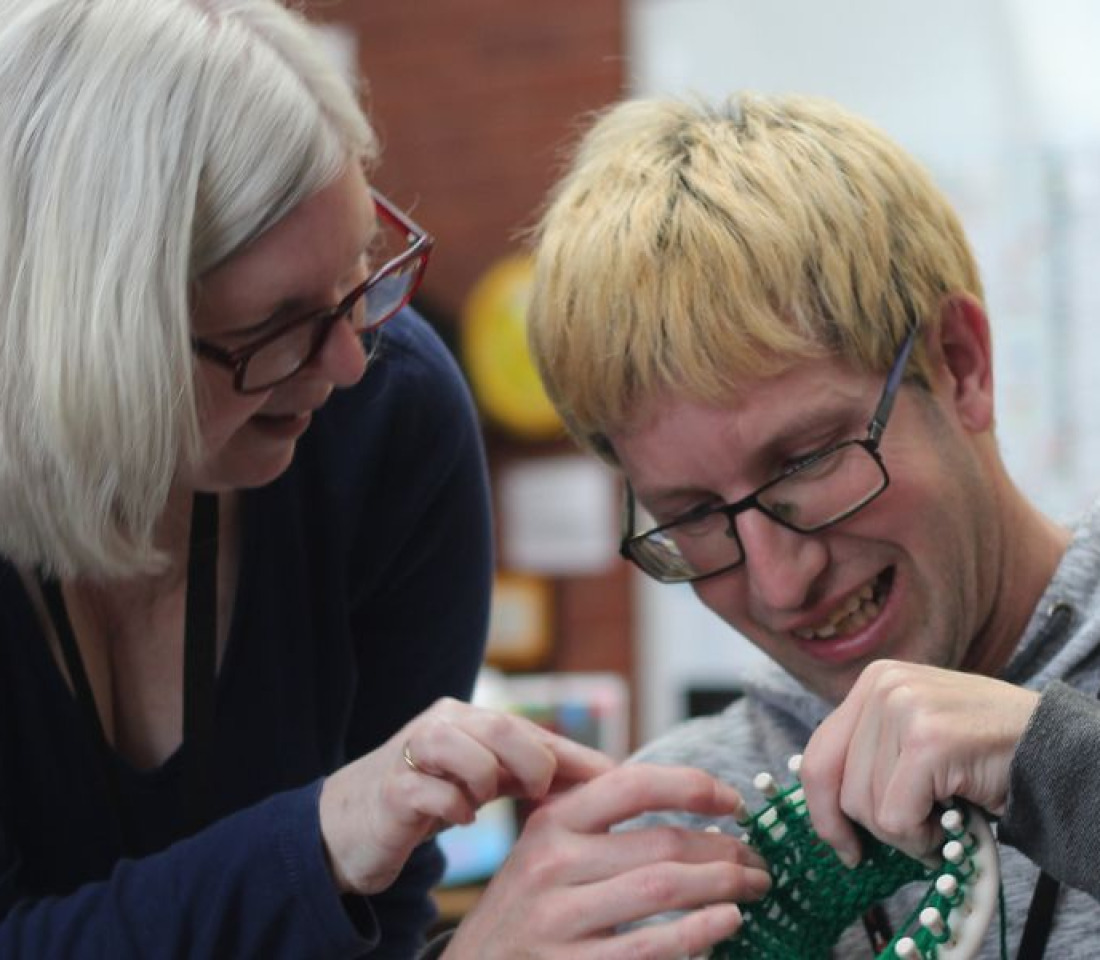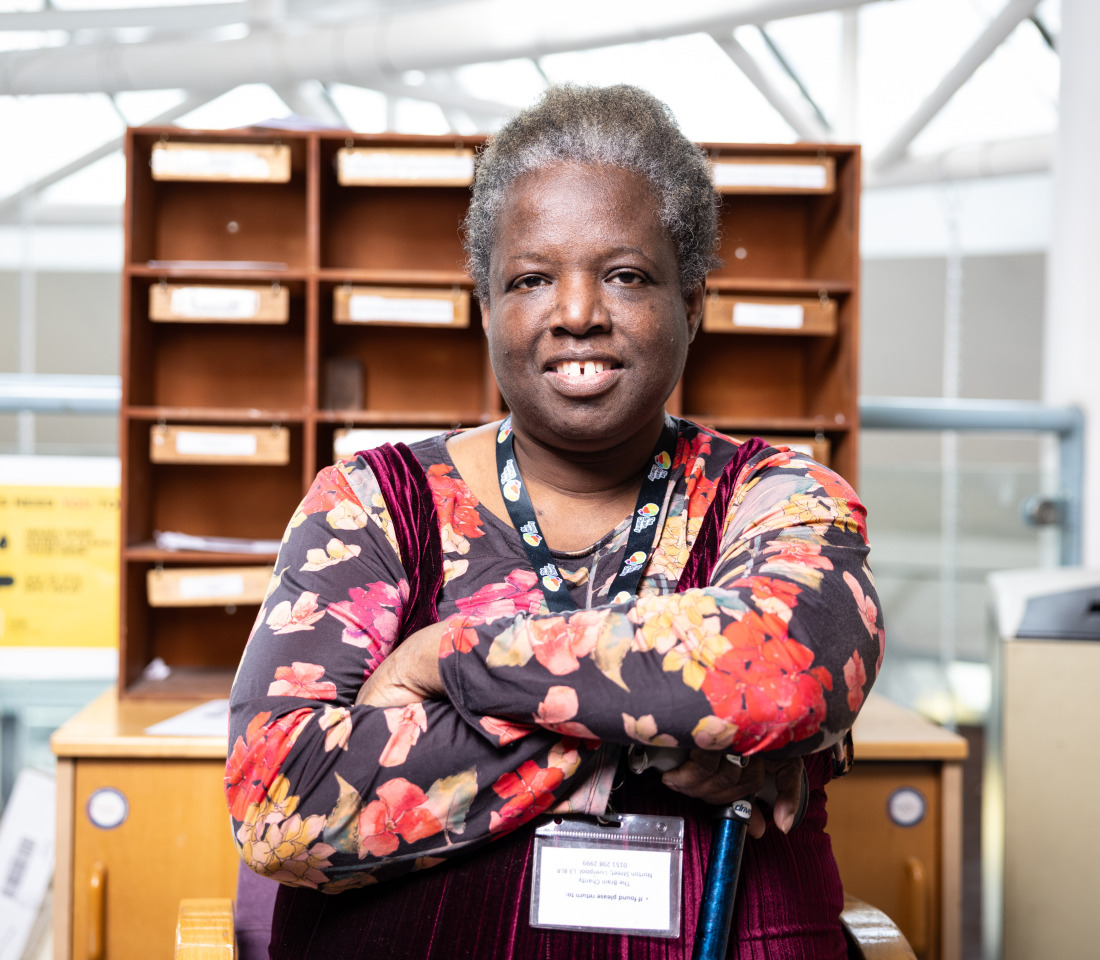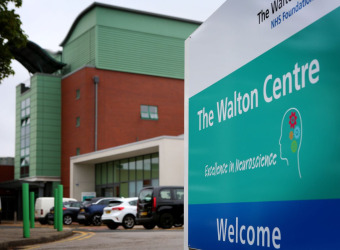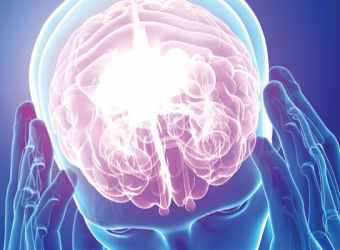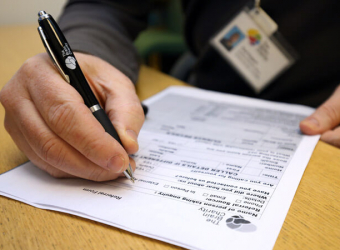What is an aneurysm?
An aneurysm is a swelling caused by a weakness in the wall of a blood vessel.
Aneurysms can develop in any blood vessel in the body, but the brain is one of the most common places.
If the aneurysm bursts/ruptures that results in a bleed this is brain haemorrhage, which is a type of stroke.
What causes brain aneurysms?
The exact cause of a brain aneurysm is still unclear, although risk factors have been identified.
These include:
- Smoking
- High blood pressure
- A family history of brain aneurysms
In some cases an aneurysm may develop because there was a weakness in the walls of the blood vessels at birth.
Brain aneurysms can develop in anyone at any age, but are more common in people over the age of 40.
What are the symptoms of a brain aneurysm?
Symptoms of an aneurysm may include:
- a sudden painful headache
- a stiff neck
- pain when looking at the light
- sickness and vomiting
A ruptured brain aneurysm is a medical emergency. If you suspect this is the case, call 999 immediately.

